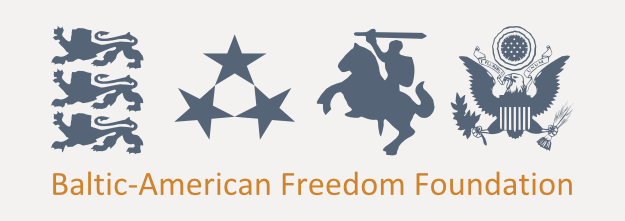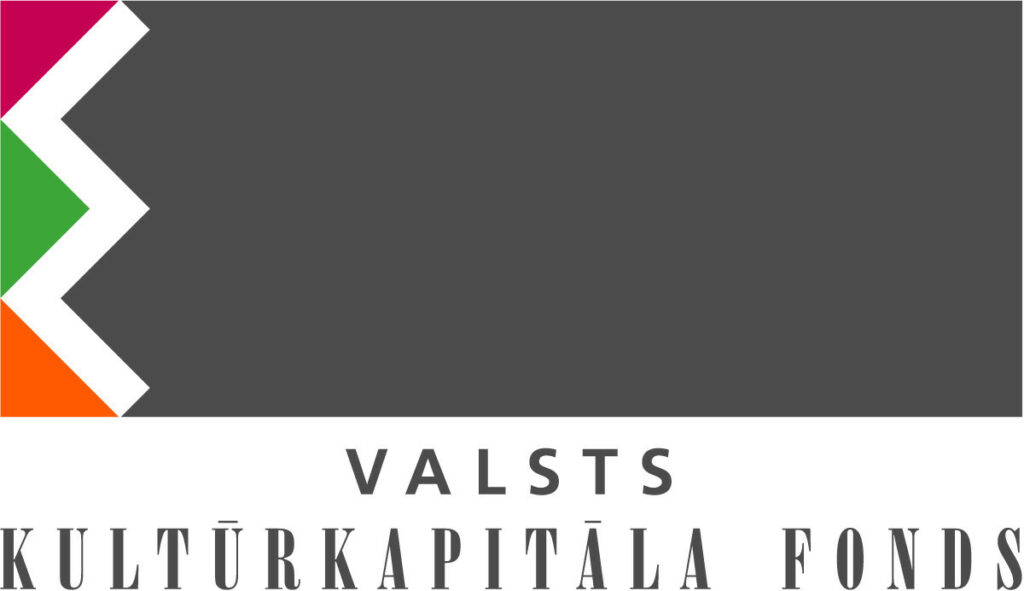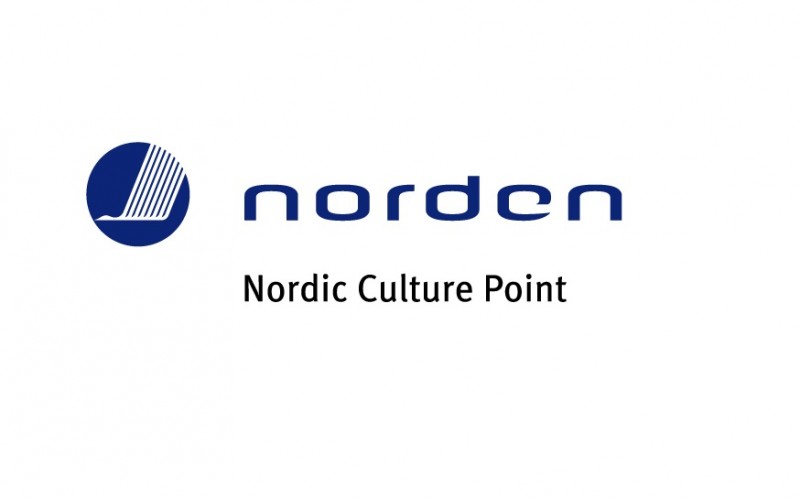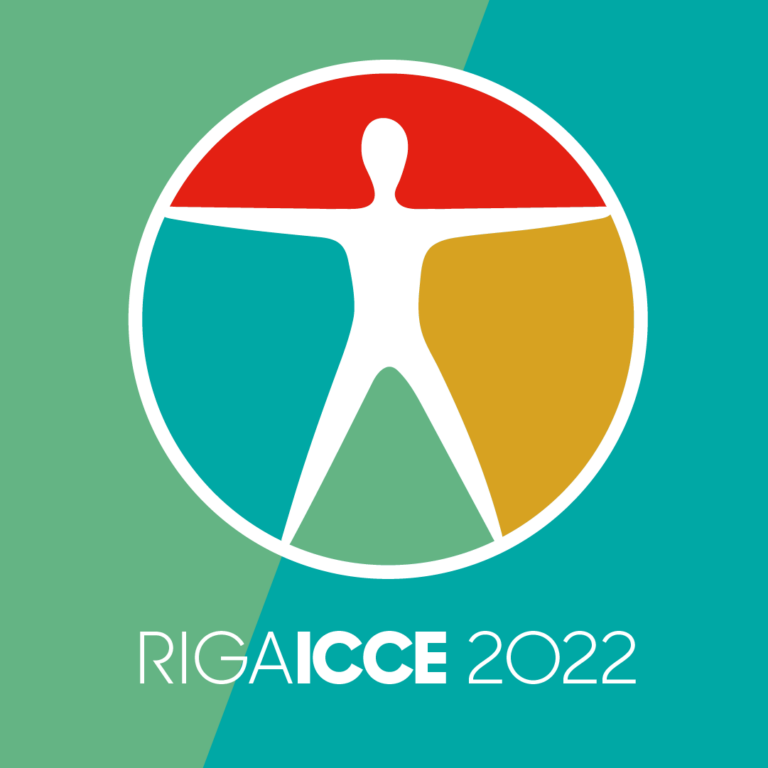Riga ICCE 2022 programme
30.03.2022.
Riga International Conference on Circus Education (RIGA ICCE 2022), May 10-11 in Rigas cirks, Zeļļu Street 25
Conference programme
TUESDAY, May 10 / Riga, Zeļļu Street 25
12.00 – 13.00 Registration / guided tour of Riga Circus school
13.00 – 13.15 Opening of the conference. Latvian Academy of Culture, Baltic Nordic Circus Network, Rīgas cirks
13.15 – 13.45 Keynote speech. ARTISTIC THINKING IN EDUCATION. CREATIVE BE-ING AS GROWTH. Daniel Gulko, Artistic director in circus high school, Circus Cirkör / Sweden. |Hybrid&Interpreted| In person and streamed in Baltic Nordic Circus Network facebook page
14.00 – 15.30 World cafe. Round tables in small groups introduced by best educational practices. Topic: artistic thinking in education.
15.30 – 16.00 Coffee break
16.00 – 19.00 Workshops
● 16.00 – 17.30 Exploring creativity and circus. Daniel Gulko / Circus Cirkör
● 16.00 – 17.30 How to engage communities through circus arts? Texas Holly / San Francisco Circus Center
● 16.00 – 19.00 Ideas of Inclusion. Hanne Kauppinen / The Finnish Youth Circus Association
20.00 Dinner / Afterparty
WEDNESDAY, May 11 / Riga, Zeļļu Street 25
8.45 – 9.15 Registration/coffee break
9.15 – 9.30 Schedule of the day
9.30 – 10.00 Keynote speech. CIRCUS IS FOR EVERYBODY! INCLUSION IN CIRCUS EDUCATION. Texas Holly, Community engagement director / San Francisco Circus Center / US. |Hybrid&Interpreted| In person and streamed in Baltic Nordic Circus Network facebook page
10.15 – 10.45 Keynotes speech. PHYSICAL LITERACY AND CIRCUS. Alisan Funk, Head of the Bachelor Programme in Circus at the Stockholm University of the Arts / Sweden |Hybrid&Interpreted| In person and streamed in Baltic Nordic Circus Network facebook page
11.00 – 12.30 World cafe. Round tables in small groups introduced by best educational practices. Topic: inclusion in arts education and physical literacy.
11.00 – 12.30 ONLINE WORLD CAFE: Inclusion in arts education and physical literacy. Online with separate Zoom link.
12.30 – 13.30 Lunch break
13.30 – 15.00 Workshops
● How to engage communities through circus arts? Texas Holly / San Francisco Circus Center
● Physical Literacy as an advocacy tool in circus. Alisan Funk / Stockholm University of the Arts |Online with separate Zoom link|
● Communication strategies in circus education. Oskar Löfkvistr / Circus Cirkör
15.00 – 15.30 Coffee break
15.30 – 15.45 Closing of the conference
16.00 – 16.30 Riga Circus school kids performances
16.40 – 16.50 Short performance by Aleksey Smolov (LV)
KEYNOTE SPEECH TOPICS
Artistic thinking in education. Creative be-ing as growth. Daniel Gulko, Artistic director in circus high school / Circus Cirkör / Sweden.
“This is not a talk about artistic thinking in circus education. Because we need a space of sensation before making sense. So this is a talk about making space in our bodies to feel something and using our vocabulary to express it to others. It is a talk about Circus, because circus is our vocabulary. And it is a talk about education because my goal as a teacher is inspiring others to want to be larger, to open outwards, to bloom like a flower. Circus is the food – it is the light and the water and the minerals in the soil. So I guess this is a talk about gardening and creating the conditions for growth as living beings.”
Circus is for everybody! Inclusion in circus education. Texas Holly, Community engagement director / San Francisco Circus Center / US
I want to inspire and offer practical tools for bringing an inclusive approach to circus education. Drawing on over two decades of experience working in historically excluded and under-resourced communities, I will tackle the big questions like: What does inclusivity mean in the realm of circus education? Why circus? Circus education as a vehicle for diversity, equity and inclusion in the classroom. How do I put inclusivity into practice in classroom settings? What are some helpful resources for more inspiration? Illustrated with funny, moving stories and portraits of my long-term engagement through the circus.
Physical Literacy and Circus. Alisan Funk, Head of the Bachelor Programme in Circus / Stockholm University of the Arts / Sweden
“Circus teachers and practitioners experience the power of learning circus first-hand. It can be difficult to explain circus to policy-makers, funding bodies and curriculum developers who have never participated in circus directly. The topic about physical literacy provides circus advocates as well as those who only start to be interested in circus with a framework that reveals particular values circus activities contribute to students and programs.”
WORKSHOP TOPICS
The Ideas of Inclusion. Hanne Kauppinen / The Finnish Youth Circus Association (FYCA)
In the workshop we will discuss different norms in circus regarding gender, race and body, reflecting about our role and position as teachers and facilitators. This workshop will explore how to make our circus spaces safer and more inclusive through theory, discussions and practical exercises.
Workshop audience: circus teachers circus teachers and those who are interested in methods of circus pedagogy
Exploring creativity and circus. Daniel Gulko / Circus Cirkör
There are many ways to approach the circus creatively – in this workshop we will experiment with some tools for composition, ways to use games and improvisation. Circus can be any action that involves mastering risk, creating wonder, having fun. How to be/become a circus artist with whatever skill we have today? How to build trust and take risks safely?
Workshop audience: open for everybody from circus/ performing arts/ physical theatre sector (artists, educators, organisers).
How to engage communities through circus arts? Texas Holly / San Francisco Circus Center
What does it mean to work with diverse groups of people outside of the circus community? In the workshop, we will look at interesting examples from experience within the circus field, as well as create new and innovative ideas for successful community engagement, taking into account the individual needs of your organization and the communities you wish to serve.
Workshop audience: open for everybody
Communication strategies in circus education. Oskar Löfkvistr / Circus Cirkör
The workshop will be focused on group management and communications. We will experiment with wordless communication as well as working with storytelling as a method of inspiration. The group will experience different communications styles and different teacher roles and will be given the opportunity to reflect on their preferences.
Workshop audience: circus teachers and those who are interested in methods of circus pedagogy
Physical Literacy as an advocacy tool in circus. Alisan Funk / Stockholm University of the Arts |Online|
In this session we will look at different physical literacy assessment tools, discuss different types of circus advocacy strategies, and workshop using these tools and strategies in scenarios proposed by the participants.
Workshop audience: open for everybody
MAY 10 / WORLD CAFE TOPIC: ARTISTIC THINKING IN EDUCATION
Presenting best practices:
Jarkko Lehmus (FI) “The Academy of Artistic Thinking”
Ville Sandqvist (FI) “2030 performing arts curriculum – UNIARTS”
Terje Bernadt (EE) “Are we growing artists?”
Māra Gaņģe (LV) “Creating individual performances inspired by contemporary artistic practices”
Lina B. Frank/ Nick Zelle (SE) “Circus thinkers platform”
MAY 11 / WORLD CAFE TOPIC: INCLUSION IN ARTS EDUCATION AND PHYSICAL LITERACY
Presenting best practices:
Oskar Löfkvistr (SE) “European core curriculum for youth and social circus teacher education”
Karina Jones (UK) “Audio describing circus”
Mikko Rinnevuori (FI) “Self-determination and motivation in performing arts”
Aleksejs Smolovs (LV) “What do we acquire from inclusive circus activities as facilitators and (or) receivers”
Marika Čerņavska (LV) “Circus as and artistic adventure for those who usually are not included”
Riga ICCE 2022 is organised by Rigas cirks and Circus Syd
This activity is supported by Nordic Culture Point, Nordic Culture Ministry and Latvian State Culture Capital Foundation. This program is made possible by funding from the Baltic-American Freedom Foundation (BAFF). For more information about BAFF scholarships and speaker support, visit www.balticamericanfreedomfoundation.org.






